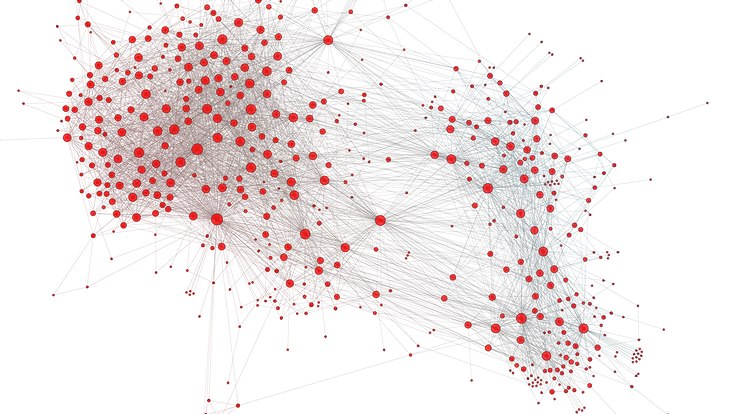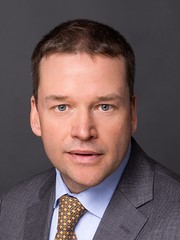and Society (CLICCS)
Using big data to analyze the climate debate
13 July 2020, by Stephanie Janssen

Photo: UHH/A.Oberg
Achim Oberg has been a Professor of Digital Social Science at Universität Hamburg since July. As part of the Cluster of Excellence CLICCS he will analyze large volumes of data related to climate change. In the following interview he tells us what, precisely, he will use big data to investigate.
Prof. Oberg, you work with the large and complex datasets that we all generate and which are growing daily. How do you make sense of them?
For our project, we will observe several thousand organizations that are concerned with climate change over a number of years. These include research institutes, the United Nations Intergovernmental Panel on Climate Change (IPCC), ministries and political parties, as well as non-government organizations, environmental groups and critical blogs. To do so, every month we will archive every single website. In addition, we will “trawl” through the websites in search of any links between the organizations in our pool.

Will you also be looking at the content?
Yes, with the help of automated text analyses, we can identify so-called “frames”: In what context is climate change dealt with? Is it regarded as “fake news” and not caused by humans? Is it considered a threat and a danger – or instead described as a driver of innovation? Each of these frames uses a typical vocabulary. We search for particular keywords and analyze their frequency and the connections between them.
What does that tell you?
Using the connections, we can determine the relationships between the various stakeholders. Who refers to whom? Where are the connections especially common? This gives us a network that we can visualize three-dimensionally. Here we can see typical forms, such as star-shaped structures that fan out from a central point, or clusters of stakeholders who are closely linked.
Word analysis also helps to identify which frames are used on which websites. How often are individual words found in the various areas of our climate network structure? How far removed are, for example, groups that deny the influence of humans on climate change from businesses seeking technological solutions? This information allows us to gauge the so-called social distance between organizations and to estimate how new information on climate change can spread through society.
What is your goal?
The media often presents the extremes of the climate debate. It uses opposites like pro and con, good and bad. Yet the positions of the various social stakeholders are far more differentiated than that. By archiving and comparing the status quo of each website every month, we can also see the direction in which the international debate is moving outside the media. Is the discourse becoming more objective? Or are even objective debates now focusing more on the arguments used by climate-change deniers? We are interested in the dynamics: This new view of the structures can show us who influences whom and in which direction the discourse is headed.
What will you do first in your new job?
In order to collect the large volumes of data and to provide a sociological evaluation, we are currently working with the university’s Computer Center to develop a technical infrastructure. Since the hardware and software aren’t standard, this means the fields of informatics and sociology will have to work together closely. Alongside data collection, we are also starting the Digital Social Science teaching program, to gradually provide students with the know-how they need in order to deal with this data. Sociological theories are key to understanding the hidden structures and dynamics.
The Cluster of Excellence for climate research, CLICCS, combines the natural and social sciences – a mix of disciplines that is both desirable and has proven successful. However, sometimes the different fields speak very different scientific languages. Are you familiar with these translation problems?
I have a background in Business Informatics, which is a combination of informatics and business studies, and have long been researching in the area of organizational sociology, which combines various theoretical approaches. As a result, I’ve been in plenty of situations where various disciplines used the same word for completely different meanings.
Contact
Prof. Dr. Achim Oberg
Universität Hamburg
Cluster of Excellence CLICCS
E-Mail: achim.oberg"AT"uni-hamburg.de


